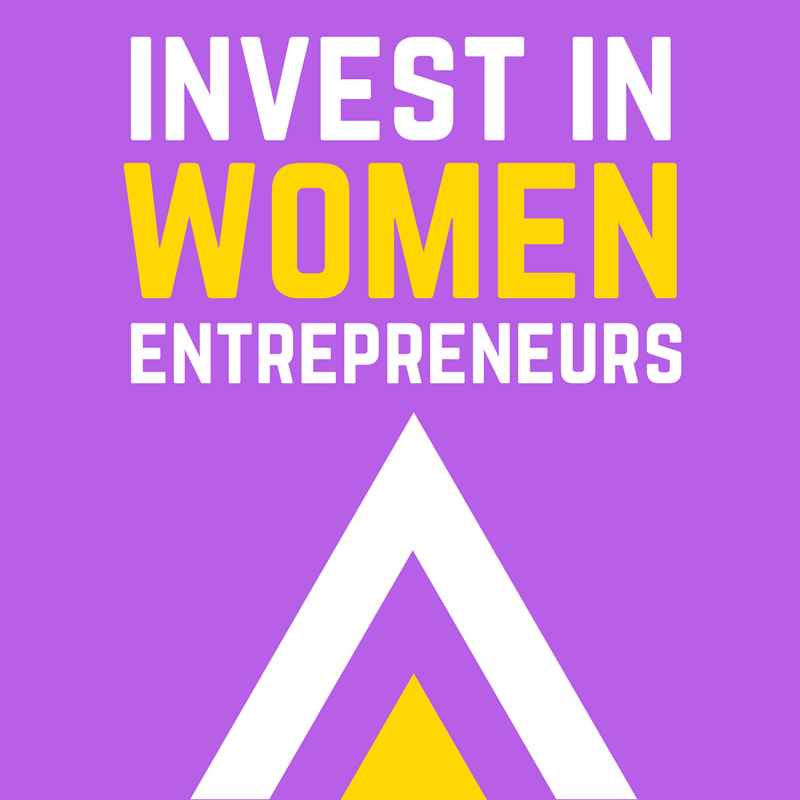MEET THE WOMEN WHO LEAD AND INSPIRE
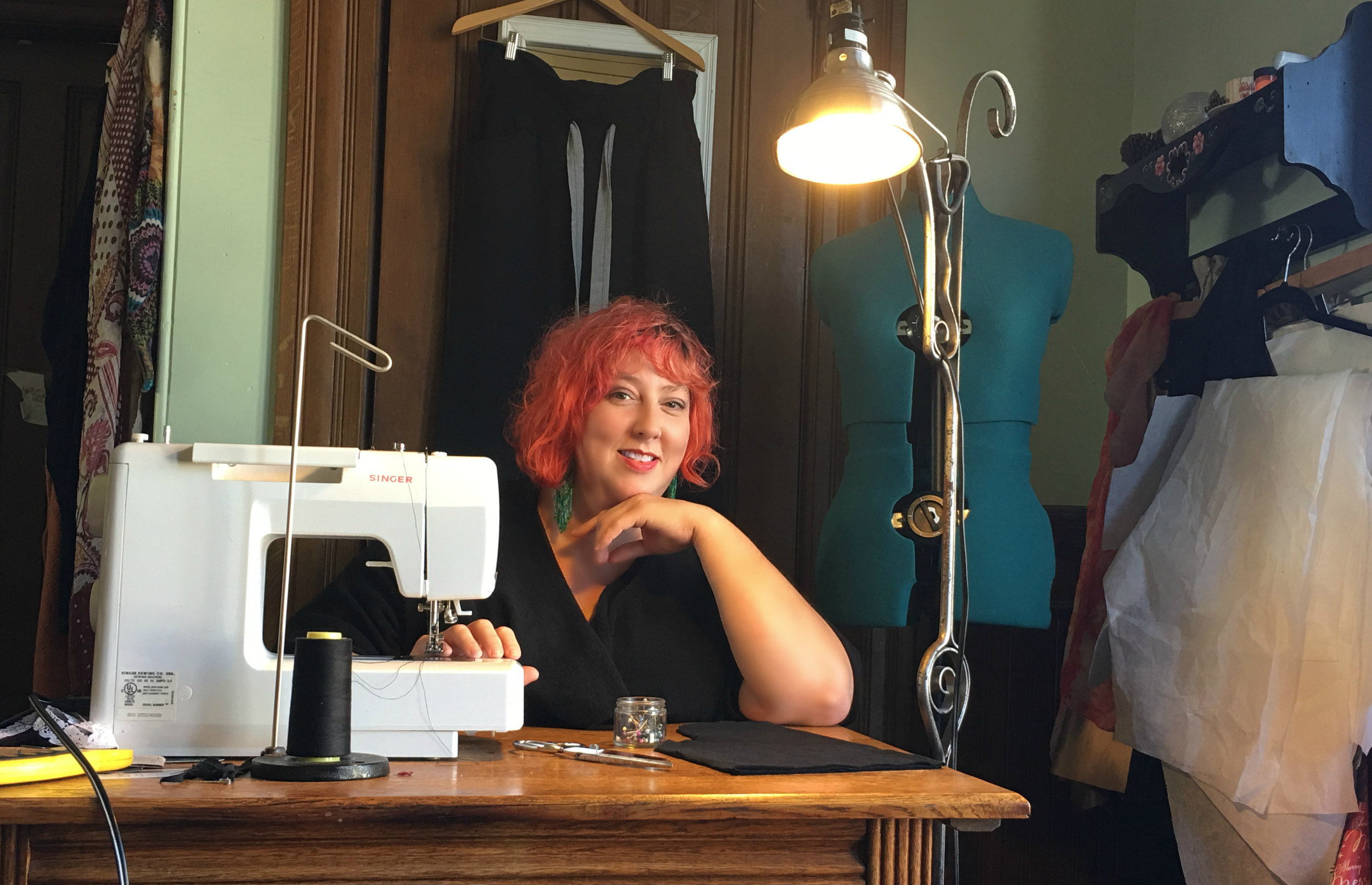
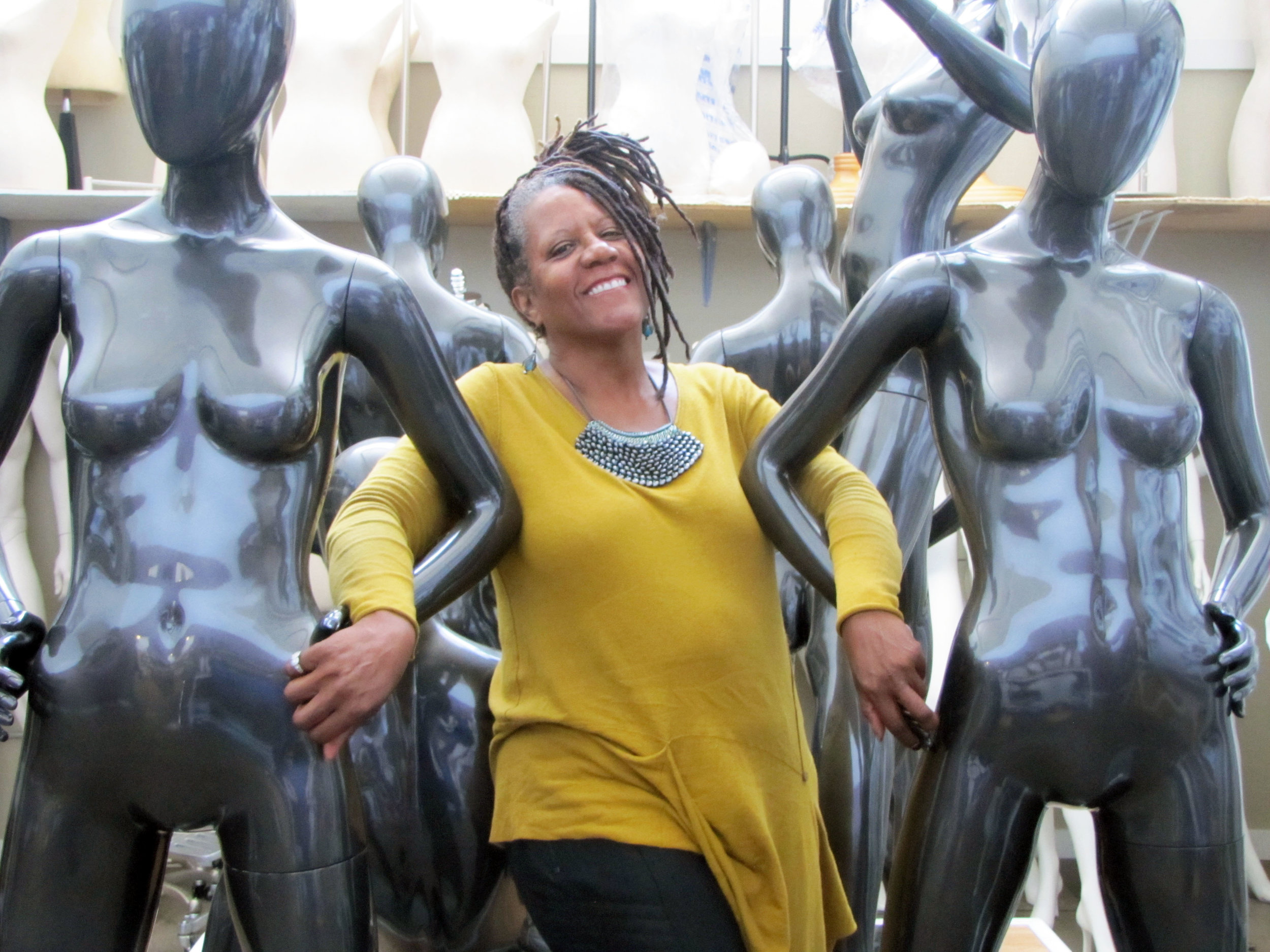
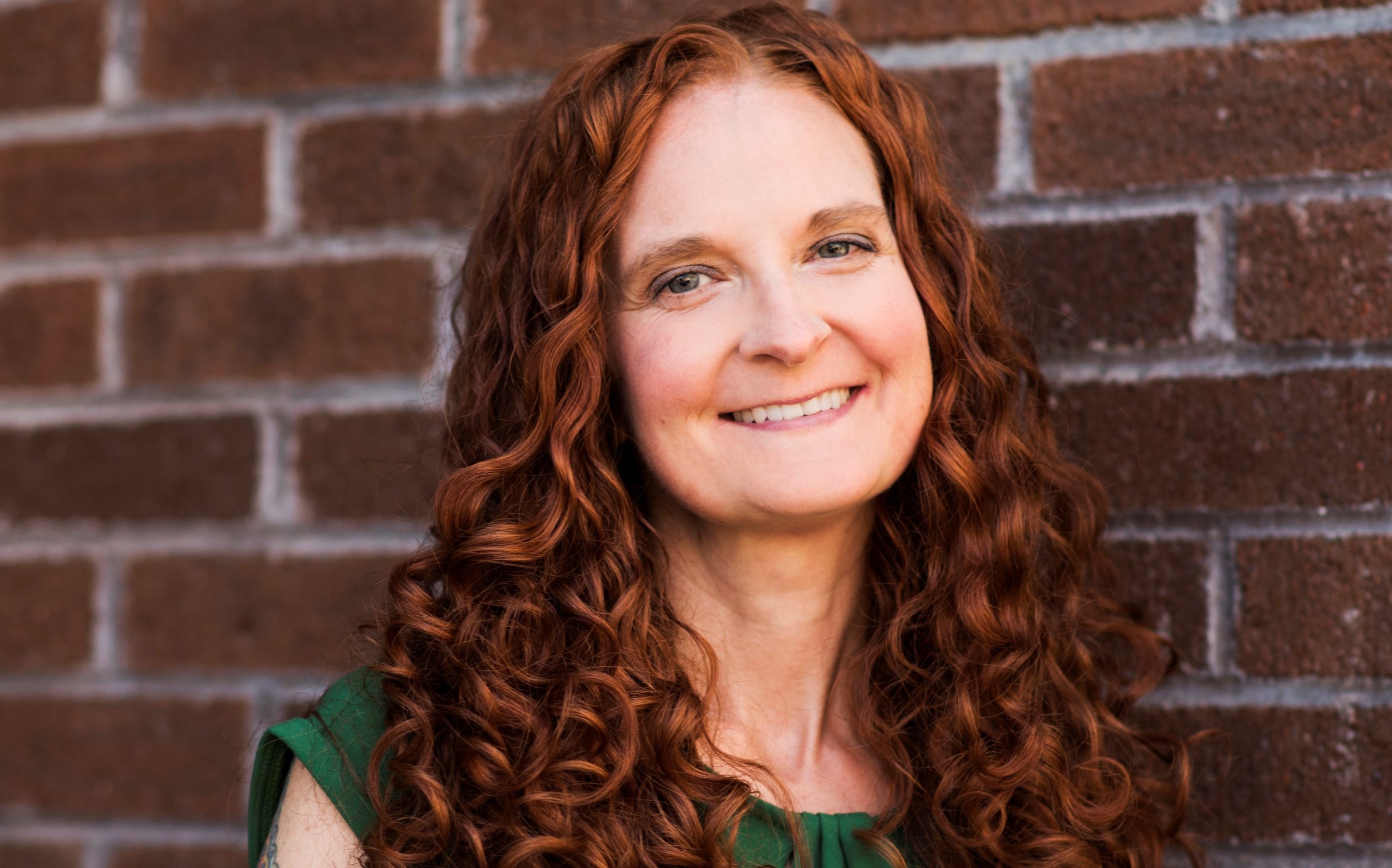
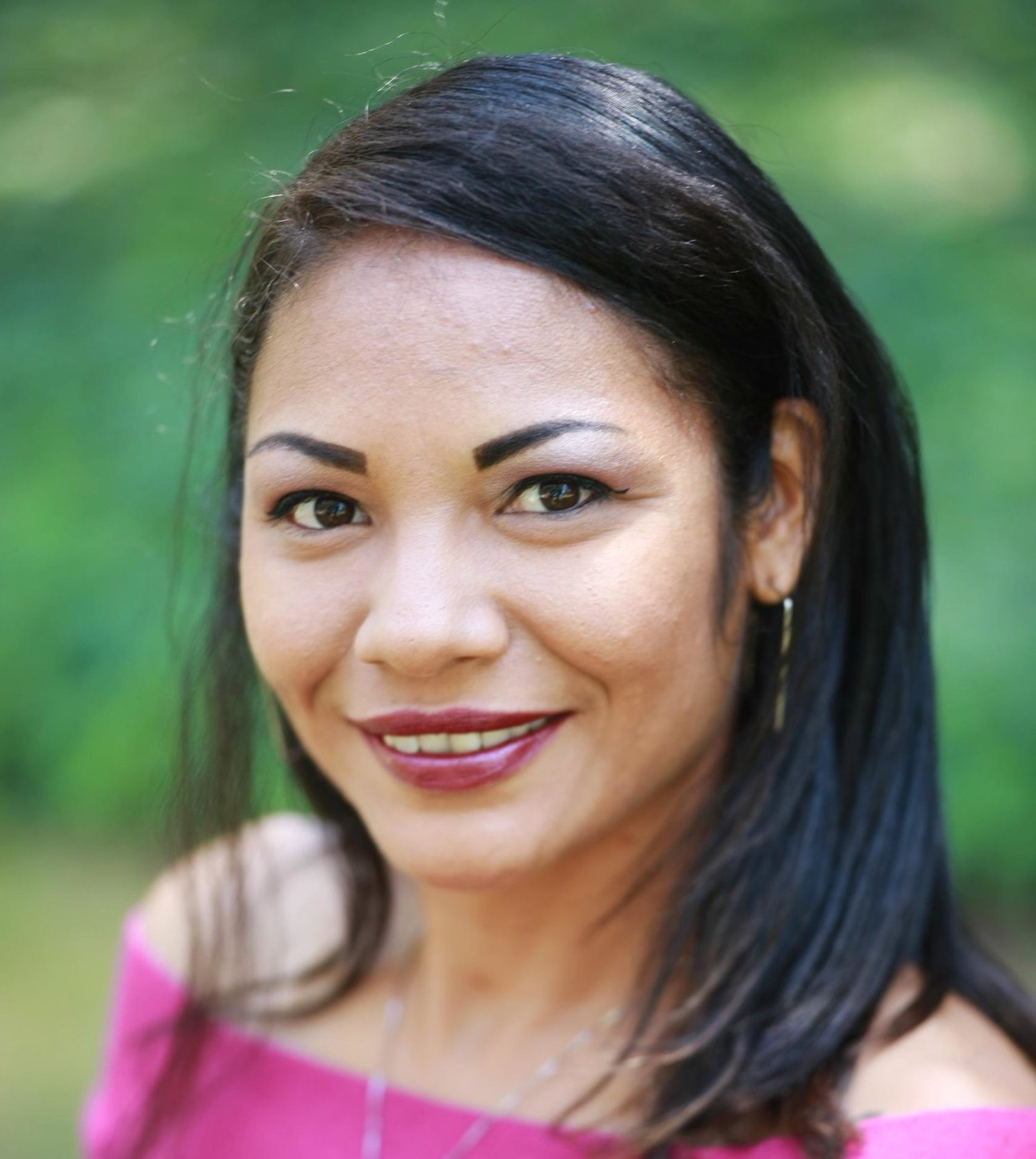
REINA TERRY
When Reina Terry’s oldest daughter was preparing to leave for college, Reina felt compelled to give what she refers to as “the ole’ college speech,” urging her to follow her dreams. But Reina, who had worked as an office assistant for nearly two decades, realized that the person actually deserving of that lecture was herself.
Reina knew that she had great party-organizing skills but had never taken the leap to turn her hobby into a career. “A friend from the neighborhood where I grew up (in Bayview) told me about a Women's Entrepreneurship program starting up at the Renaissance Entrepreneurship Center, and that with my talent it would be a great idea for me to come check it out,” Reina explains. She enrolled in the classes in hopes of making her dream a reality. Now, two years later, Reina is founder and CEO of PartyHapps.
Reina is one of many women who are self-employed and earn a living through the “gig economy” - combining entrepreneurial efforts and contract work to make a living. Growing numbers of women are seeking out gig work to increase their income, have a flexible schedule, and find satisfaction in their work. According to a recent survey of 1,000 women in the gig economy, 44% cited flexibility as the top reason for self-employment, a reason that Reina herself gives as the defining factor in allowing her to spend time with her children without compromising her employment.
Reina loves running her own business and schedule, explaining, “I totally appreciate the flexibility of being able to go see plays and sports games at my young daughter's school without having to worry whether or not I'd be jeopardizing my employment by taking off the time to support my family’s activities.” She’s particularly grateful that she found a supportive network of fellow entrepreneurs, touting one of her favorite sayings, “teamwork makes the dream work.”
Taking that leap of faith as an entrepreneur can be very challenging at times and sometimes we just need a little nudge or friendly reminder from someone whom we trust to bring us out of having those feelings of discouragement.”
Nationwide, businesses founded and run by women have increased by 58% since 2007, according to the 2018 American Express State of Women-Owned Businesses Report. But Reina is part of a particularly successful subset, Latina women, who have seen their numbers grow by an impressive 172%. Unfortunately as minority women-owned businesses have grown in number, they have shrunk in revenue, from an average of $84,100 down to $66,400. PartyHapps has given Reina more financial stability: “I have quickly learned that entrepreneurship requires multiple streams of income and that I will be able to utilize my gifts through these different avenues as long as I plan well and execute accordingly.” Reina has supplemented her income from PartyHapps with rideshare driving to stay afloat in the expensive Bay Area.
Reina is now modeling the chase-your-dreams lifestyle that she wishes for her daughters, and she takes pride in her work. She hopes that more women will take the plunge and pursue their own entrepreneurial efforts, especially because supporting each other will lead to more success for all. She urges, “Surround yourself with like-minded people so that you can feed off of each others’ ambitious energies and perpetuate a challenge to become greater.” Maybe Reina has a personal stake in their success too - all of those successful women entrepreneurs will be needing help coordinating their office parties and anniversary celebrations in the future.
YABETTE SWANK
San Francisco is known for its wide-ranging assortment of creative start-ups, from funky retail shops to online purveyors, upcycled reused material creations to brand new products, solo ventures to collaborative team efforts. But rarely does a single entrepreneur manage to do it all. For Yabette Swank of SwanketySwank, she’s managed to explore every avenue of business ownership, with her latest venture building on her many years of experience.
When Yabette first came to San Francisco she was an audio engineer, but the unrelenting pace of studio work led her to her first entrepreneurial effort: sewing bags that became popular enough for her to justify quitting her day job and opening a retail shop. “I started making bags that were interesting and unique but also fully functional for mamas in the city like me,” Yabette explained. She provided space for other creative types to sell their wares, building up a local artist community that supported one another’s work. After taking a class in business planning at Renaissance Entrepreneurship Center in San Francisco, Yabette reevaluated her plan and has now launched an online shop where she sells her latest creations: sustainable clothing for men and women.
Yabette has a close network of friends who have helped her launch new ventures, but wishes that support and loans were more readily available to budding women entrepreneurs. “I would love access to getting funding and upscaling in an easier way,” Yabette shared, “as an artist I don’t always meet a bank’s criteria,” a problem she believes that many women, particularly creative-types, face on the financial front. Yabette laments this obstacle because it holds women back from sustaining their local economies. “When I get funding I’m putting that money into local seamstresses - I’m very much about fueling my local community.”
Yabette counts herself fortunate to have supported herself in San Francisco’s competitive economy all while switching things up and pursuing her passions. “Following my heart isn’t always the best business model," she confesses, "but I wouldn’t have it any other way! Check out Yabette’s latest designs, for women and men of all body types in styles ranging from casual to luxurious, at www.swanketyswank.com, where you can also click through to her kickstarter link to get in on the action!
JESS MCGUINTY
Jess McGuinty didn’t dream of becoming an entrepreneur, her unmanageable hair pushed her into it. Fighting her way through wild curls, Jess found an online community of similarly tangled folks who all shared the challenge of finding products to tame their locks. Strangers quickly flocked to her when, after much trial and error, she concocted a formula for the perfect homemade hair gel.
When Jess tried to share the recipe she was surprised by the responses of her online friends: no one wanted her free instructions, everyone just wanted Jess to make it for them. Looking back she laughs, “my customers forced me into business!”
Jess knew that she could make a great product, but had no idea where to begin as a business owner. Living in Berkeley at the time, she happened upon an organization called SCORE that connected her with retired business professionals who could share their expertise. A friend offered her use of his chemistry lab to perfect the preservation of her products, and her father gave her business tips that she wasn’t too stubborn to take.
Jess advises up-and-coming entrepreneurs to not let their egos get in their own way: “You haven’t done this before, so how can you be expected to know how to do it?” The resources and friends that supported her were essential to her success, and Jess points out that most communities have a Small Business Development Center where free advice and services can go a long way in setting a new business owner on the path to profit.
What started in Jess’s kitchen has grown into Jessicurl, a strong business that operates out of a factory in Arcata, California. Jess takes pride in her successes (including an appearance on the Rachael Ray Show) and the excellent staff she employs, but it always comes back to her commitment to her customers. Helping them to find the products and community that enable them to love their hair and themselves is what inspires her.
Jess knows that a simple idea can lead to big achievements, so she recommends that other budding entrepreneurs take advantage of community resources and lean on others for help. “Just ask questions and keep learning,” she encourages, “that’s literally how everyone else before you has done it!”
JUDI HENDERSON
Judi Henderson, founder of Mannequin Madness, calls herself the "accidental entrepreneur." Successfully working as an employee of large corporations, she had no intention of founding and running her own business. But after a chance encounter with a retiring business owner who specialized in mannequin sales, Judi decided to buy his whole inventory and open up a shop of her own.
Like many budding women entrepreneurs, Judi faced two challenges: seeing herself as an entrepreneur and having the business skills to succeed. "I think sometimes women are loath to see themselves as entrepreneurs because there aren’t images that look like us. I never saw someone on the cover of Entrepreneur Magazine that looked like me. Women entrepreneurs were mostly involved in fashion or food. There was a lack of role models for thinking beyond those spaces."
Judi had the drive and the idea, but needed the business skills to get her company off the ground. She took a class at the Renaissance Center, a resource center for entrepreneurs, which helped her design a plan. "What I originally had in mind wasn’t going to be successful, which Renaissance helped me realize. They saved me from making a costly mistake."
Judi recommends to other budding entrepreneurs that they seek out similar resources to start off on the right foot. Moreover, she thinks that more women need to see themselves as business owners and more banks need to fund them. "You look at loans to women - the success rate is unbelievable. Often higher than among the men. Women are very resourceful, and they are often working on businesses that benefit the community locally and at large." She insists that banks and the government need to see that women might do business differently, but that doesn't make them a risky investment: they're highly motivated and invested in their families. While investors may be dazzled by big tech start-ups, Judi makes the point that smaller businesses are more likely to hire locally, and that even tech firms need the support of community businesses to provide services and support.
For a long time Judi saw herself as a hobbyist, until her business began to take off and she realized that she had become a role model to others. "I was featured on CNN and a woman in London liked my idea. We started communicating online, and ultimately I met with her in person there, and next thing you know she was having her own entrepreneurial success."
Judi now runs Mannequin Madness in a 3200 square foot warehouse with a diverse group of employees. Her two biggest pieces of advice to aspiring entrepreneurs are:
#1: Educate yourself by taking workshops, classes, and surrounding yourself with other entrepreneurs. Find support. Don’t try to do it alone.
#2: Become digitally savvy. Even a low-tech business needs to use tech skills to grow, whether its having an e-commerce website or tools for running the business.
